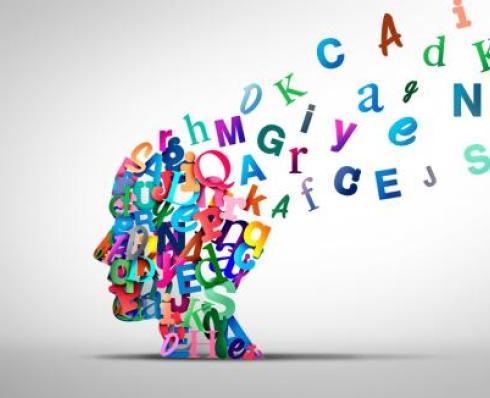
Further Education and Training
In developing the Partnership for Learning suite of courses, we aim to provide courses which are of interest to staff in our 4 key sectors: Early Childhood Education, Primary, Post-Primary and Further Education and Training. The following courses are all suited to Further Education and Training, although staff in other settings are free to participate in most of the courses provided.
|
Course Number |
Name of Course |
Dates |
|---|---|---|
|
PL06 |
Supporting Neurodivergent Learners in Post-Primary and Further Education |
Tuesday 15th October '24 |
|
PL08 |
Assessment in the Age of Generative Artificial Intelligence |
Rescheduled semester 2 Thursday 20th March 2025 |
|
PL11 |
Creating a learning culture in the workplace |
Wednesday 22nd January '25 |
|
PL13 |
Diversity in the Basic Skills Classroom |
Tuesday 12th November '24 |
|
PL17 |
Enhancing teaching and learning through assessment and feedback in FET contexts |
Tuesday 14th January '25 |
|
PL21 |
Developing Digital Literacy |
Thursday 6th February '25 |
|
PL23 |
Intercultural Competencies for FET Teachers |
Tuesday 25th February '25 |
|
PL25 |
EAL for Post Primary & FET Teachers in Mainstream and Special classes |
Monday 3rd March '25 |
| PL28 | Implementing CLIL and Translanguaging in Multilingual and Bilingual Classrooms | Wednesday 16th October ‘24 Wednesday 23rd October ‘24 |
Course Details
Interested in further study at DCU?
In addition to the Partnership for Learning non-accredited courses, the DCU Institute of Education also offers a wide arrange of postgraduate courses. See HERE for more details.









